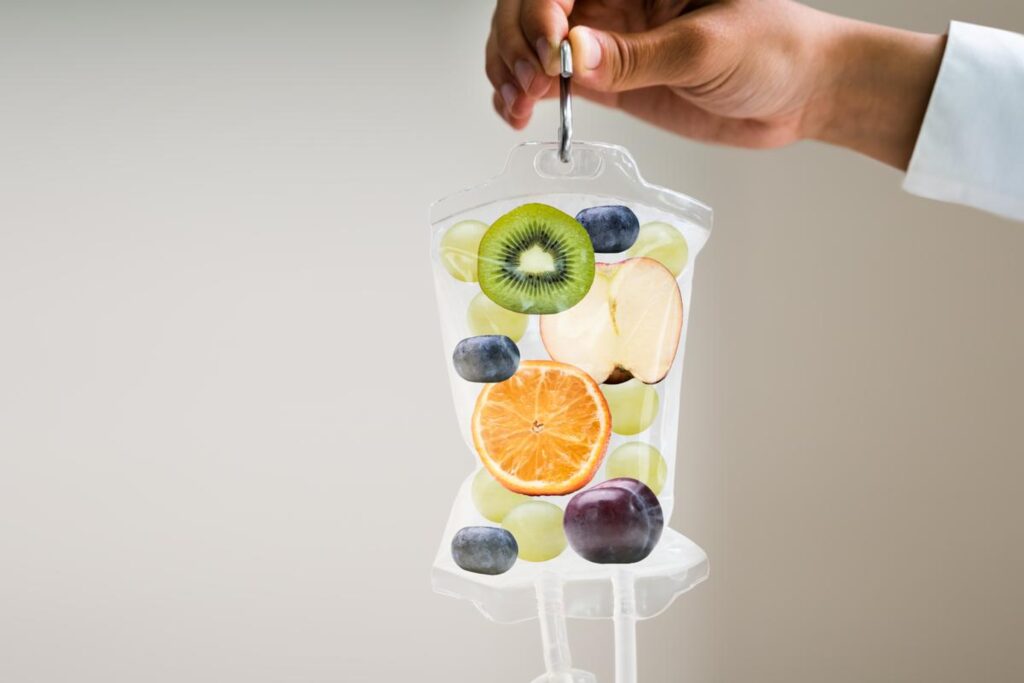IV treatments are used in medical settings to deliver fluids, medications, and nutrients into the bloodstream. Athletes and celebrities are getting IV treatments to stay hydrated or receiving vitamin drips for an energy boost. But what about age? How old do you have to be to get an IV treatment? Let’s dive into this question.
Understanding IV Treatments
Before we delve into the age requirements for IV treatments, it’s important to understand what they are and why they are used. IV treatments involve inserting a small plastic tube, called a catheter, into a vein. Medical professionals use this to deliver fluids or nutrients into the bloodstream.
IV treatments have many uses. They can help rehydrate the body, deliver medications that can’t be taken by mouth or provide nutrition for those who can’t eat. IV treatments are performed by trained professionals in hospitals, clinics or specialized centers.
At MyIVDoctors, we offer mobile IV therapy services, bringing the benefits of IV treatments to your doorstep. Our team of qualified medical professionals will come to your location to cater to IV therapy safely and effectively.
Age Requirements for IV Treatments
The age requirements for IV treatments can vary depending on the type of treatment, and the country or region’s regulations. But, in general, there is no strict age limit for receiving IV treatments. People of all ages can receive IV treatments when medically necessary.
Pediatric IV Treatments
In the case of pediatric patients, IV treatments are commonly used, especially in cases of severe dehydration, medication administration, or nutritional support. Children of all ages, including infants, can receive IV treatments.
However, since children may have smaller veins and unique needs, healthcare professionals who specialize in pediatric care are often involved in catering IV therapies to children.
Medical professionals ensure the comfort and safety of children by taking extra precautions. They use smaller catheters and apply numbing creams to reduce discomfort during insertion.
Teenagers and Adults
Teenagers and adults are eligible for IV treatments based on medical necessity, regardless of age. Whether it’s treating severe cases of dehydration, or chemotherapy drugs, age is generally not a limiting factor.
Elderly Individuals
Like children, elderly individuals can also benefit from IV treatments. Seniors may need IV therapies more due to age-related conditions or complications.
For example, older adults who have difficulty swallowing or absorbing nutrients may receive IV treatments to ensure they are adequately nourished.
The Role of Medical Professionals
Regardless of age, it’s essential to remember that the decision to administer an IV treatment is made by healthcare. These professionals test the patient’s condition before determining if IV therapy is necessary or not.
Medical specialists will assess the individual’s health, consider any potential risks and develop a treatment plan. They will also track the patient during and after the IV treatment to ensure its effectiveness.
What to Expect During an IV Treatment
If you or your child is scheduled to receive an IV treatment, you may be wondering what to expect. Here’s a quick overview of the process:
- First, a healthcare provider will select a vein in your arm, hand, or foot and clean the area with an antiseptic solution.
- Next, they will insert a thin needle into the vein. You may feel a slight pinch or pressure, but the procedure should not be painful.
- Once the needle is in place, the healthcare provider will attach the IV tubing and start the fluid or medication infusion. The infusion may take anywhere from a few minutes to several hours, depending on the treatment.
- During the infusion, the healthcare provider will track your vital signs to make sure you are tolerating the treatment well.
- Once the infusion is complete, the healthcare provider will remove the needle and bandage the area.
Must Read How Often Should I Get IV Therapy?
Conclusion
Intravenous (IV) treatment is a medical procedure used to deliver fluids, or nutrients into the bloodstream. When it comes to age restrictions, there is no specific age limit for receiving IV treatment. It can be administered to individuals of all ages, from infants to the elderly, based on their specific medical needs.

